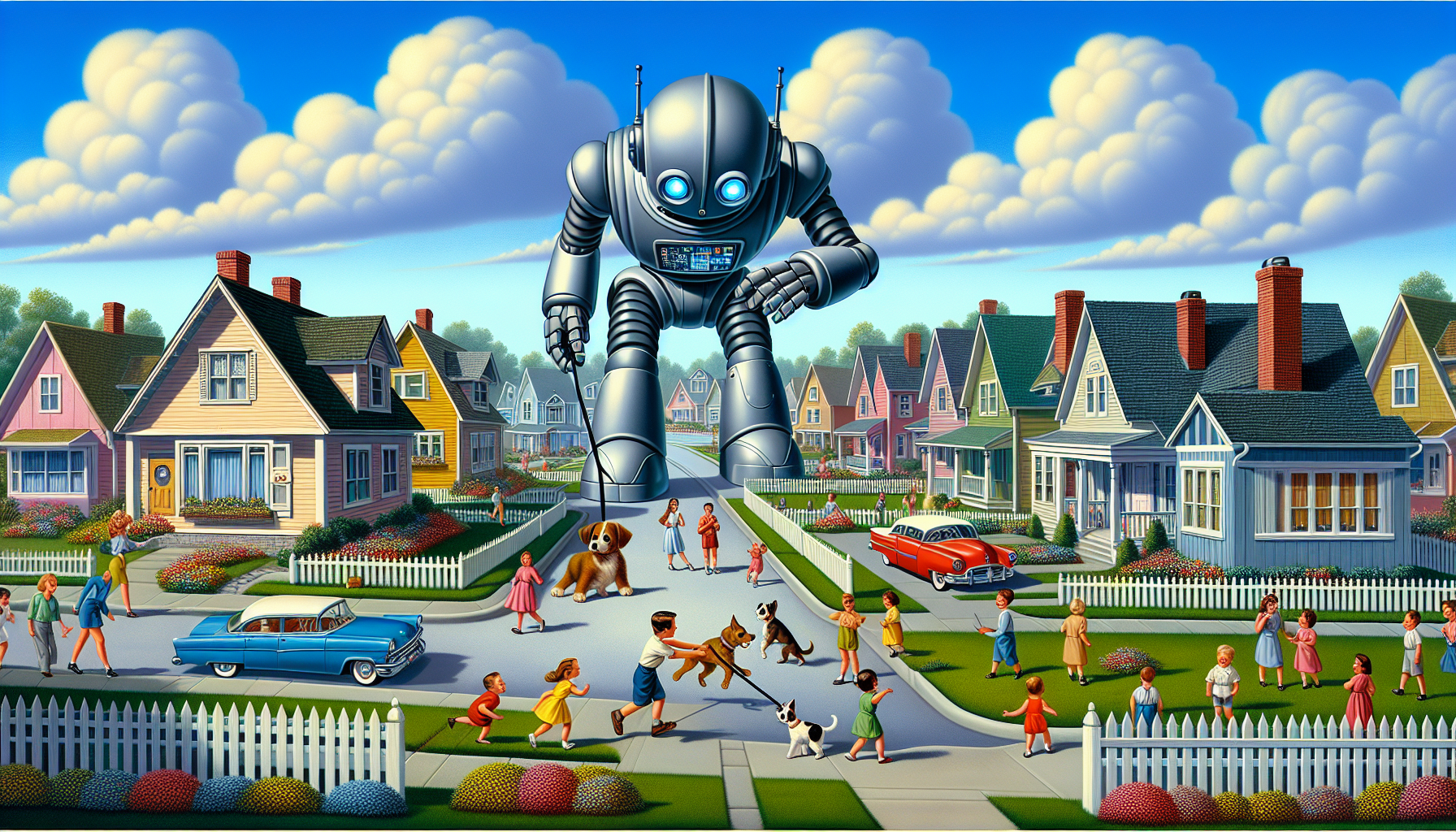AI Innovations: Cisco's Codex Network Automation and Google's AlphaEvolve Compute Efficiency
May 17, 2025

Cisco taps OpenAI's Codex for AI-driven network coding
OpenAI has introduced Codex as a research preview, showcasing its capabilities in handling coding tasks independently by running in isolated environments where it can edit files, execute commands, and verify its outputs through citations, terminal logs, and test results. Codex, now used internally by OpenAI teams, efficiently automates repetitive tasks such as refactoring and test writing, and supports new feature development and bug fixing. Concurrently, Cisco, through its research group Outshift, envisions a future dominated by AI agents, proposing an "Internet of Agents" architecture designed for dynamic interaction and collaboration of AI agents across various environments, promising speed, scale, and efficiency improvements in industrial operations. (Source)
Managing The Digital Workforce Through The Rise Of Agentic AI
The rapid integration of AI agents is significantly transforming business operations by automating tasks, analyzing data, and enhancing decision-making, becoming an essential part of the modern workforce. Jim Stratton, CTO of Workday, along with Chief Product Officer David Somers, emphasizes the need for structured management of these agents—including role definitions and compliance oversight—to maximize efficiency and trust. AI agents are evolving into specialized, role-based collaborators that support human employees in fields like HR, finance, and legal by handling complex responsibilities. For successful integration, businesses must prioritize human-machine collaboration, implement effective change management, and maintain robust governance and ethical frameworks. This involves establishing centralized systems for AI deployment and monitoring to mitigate risks related to data privacy and security. As AI agents become more advanced, they will drive innovation, requiring businesses to balance governance with the need for seamless human-AI collaboration to thrive in the AI-driven era. (Source)
OpenAI's new agent tool Codex is for developers, but it can also help you order takeout
OpenAI, led by CEO Sam Altman, has launched Codex, an AI tool aimed at automating coding tasks such as writing code, fixing bugs, and running tests for developers. Codex is being used by OpenAI's technical teams to handle repetitive tasks, allowing engineers to maintain focus on more complex challenges. This new AI agent differs from traditional chatbots as it can interact with other software and online services. The release of Codex follows the introduction of GPT-4.5, which was only available to ChatGPT Pro users due to high computational demands and GPU shortages. Codex is now accessible to ChatGPT Pro subscribers, with OpenAI planning to expand its availability to other premium offerings. (Source)
Google's AlphaEvolve: The AI agent that reclaimed 0.7% of Google's compute - and how to copy it
Google's DeepMind has unveiled AlphaEvolve, an AI agent that autonomously rewrites critical code and significantly enhances Google's operational efficiency by reclaiming 0.7% of compute capacity in its global data centers. This system represents a shift from lab demos to real-world production, demonstrating an advanced architecture comprising controller, fast-draft models (Gemini Flash), deep-thinking models (Gemini Pro), automated evaluators, and versioned memory, all designed for safe, scalable deployment. Beyond simple scripts, AlphaEvolve functions as an "agent operating system" that incrementally improves algorithms through sophisticated orchestration and evaluation, a standard-setting move for enterprises seeking agentic AI applications. Google's Early Access Program is expected to expand access to this technology, promising significant cost savings, and highlighting the necessity for robust infrastructure including deterministic evaluators and persistent memory systems for enterprises aiming to integrate similar AI solutions. (Source)
OpenAI Launches Codex, a Software Engineering AI Agent
OpenAI has launched a cloud-based software engineering AI agent, powered by its codex-1 model, available to ChatGPT Pro, Team, and Enterprise users, with future access planned for ChatGPT Plus and Edu users. Codex can execute multiple tasks such as adding features, debugging, and proposing pull requests, by integrating with GitHub repositories. It utilizes reinforcement learning to produce human-like code and requires configuration via an AGENTS.md file for precise task navigation. Codex operates securely in an isolated cloud container, without internet access during task execution, and demonstrates a 75% accuracy on internal OpenAI tasks, surpassing the o3-high model. (Source)
